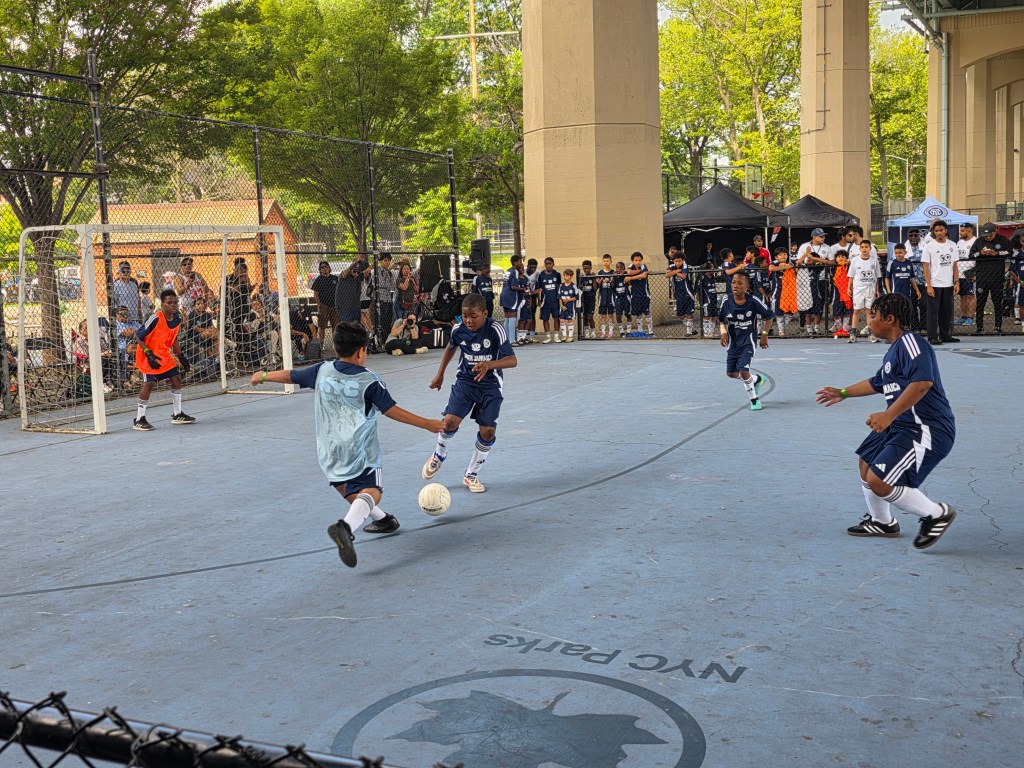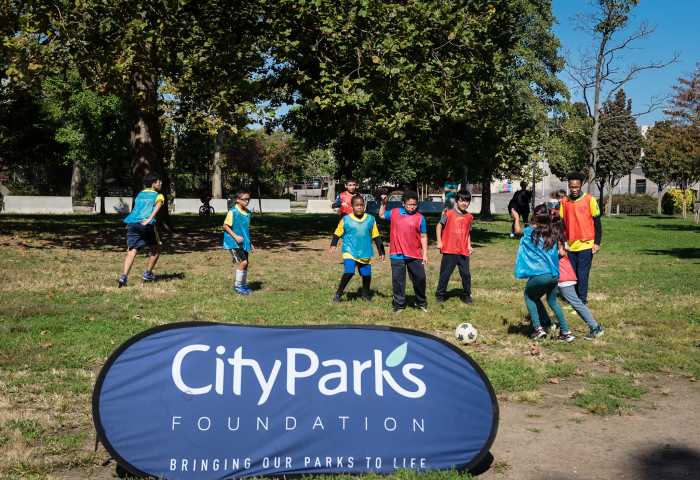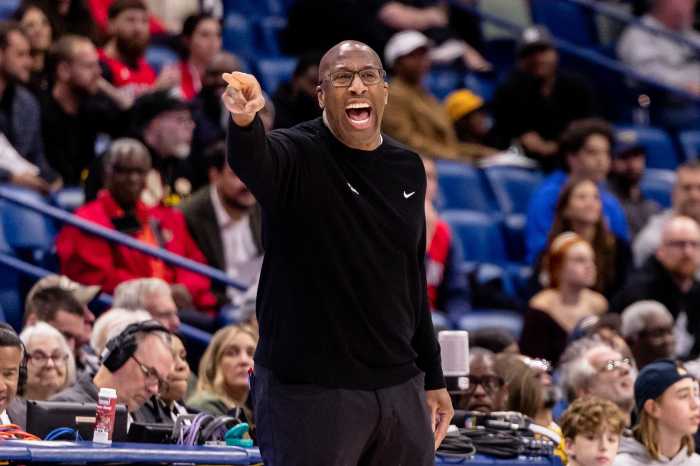The virtues of little league baseball are numerous and far-reaching. It teaches children everything from sportsmanship to the value of a well-oiled glove. Much more than just a sort of mass-babysitter, little league fosters the game’s “national pastime” mystique and has been known to give those who play an obsession that easily outlasts most other childhood games.
Nicholas Perez started playing baseball in the Pee Wee division of the Bayside Little League when he was 4 years old. From there, he’s moved up through the baseball ranks and now plays for Three of Cups in the Texas division.
From the first time he put on his cap and glove, his father Steven knew that Nicholas was a baseball fanatic.
“He just wants to play all the time. He loves the game,” said Steven. “He’s in this league, he will be on the summer travel team, and if there was a winter league, he’d play in that, too.”
Nicholas’ parents encourage him to play as much baseball as he wants. In fact, they encourage him to have a few different extracurricular activities at his school, Sacred Heart in Bayside.
“He’s also involved in chess, choir and he plays basketball and soccer,” said his mom, Stacey. “We want him to try everything and see what he may or may not like, but he seems to like everything.”
Nicholas even likes school; he counts math as his favorite subject and proclaims that adding and multiplying is both fun and easy. Science is another favorite subject for the inquisitive Nicholas, but ask him the one subject he loves the most and you get the typical 8-year-old boy answer.
“Gym,” he said with wide eyes and an ear to ear grin. “I want to play for the Yankees.”
Since a pinstripe future is not guaranteed for young Nicholas, his parents know that he must excel academically in order to assure himself a bright future. They want him to find something other than sports to grab his interest, but that is not easy when your kid has baseball on the brain.
Still, Nicholas knows that if his grades do not stand up to the expectation of his parents, he will have to sacrifice running, jumping and kicking for reading, writing and studying.
“He has known from day one that he can be involved in many different things, but school comes first,” said his father. “If his grades dip, the first thing to go will be the extracurricular activities.”
Nicholas’ grades have not dipped, though; unless you count the occasional ‘B’ as a dip in grades. Nicholas handles the rigors of school in much of the same way he handles a fastball from an opposing pitcher. He settles in, focuses and crushes the competition.
“He does very well academically. He’s all A’s and B’s,” said his mother. “School seems to come very easily to him.”
As does sportsmanship and camaraderie, two of little league’s major tenants. Nicholas is a proponent of his coaches’ teaches and believes that showing support for his teammates is what builds a winning squad.
“Coach says to always cheer on your teammates,” said Nicholas. “It’s important to give them a boost.”
That is what coaches and parents hope their kids take away from playing organized sports. The Perez’ want Nicholas to be an adult that can work with others and settle disputes in a constructive manner. And they feel that sports, little league especially, facilitates that kind of behavior.
“Some kids grow up isolated and they can’t interact with others in the business world,” said his father. “Little league teaches the kids to get along with each other. That is something that is missing from the world today.”




































